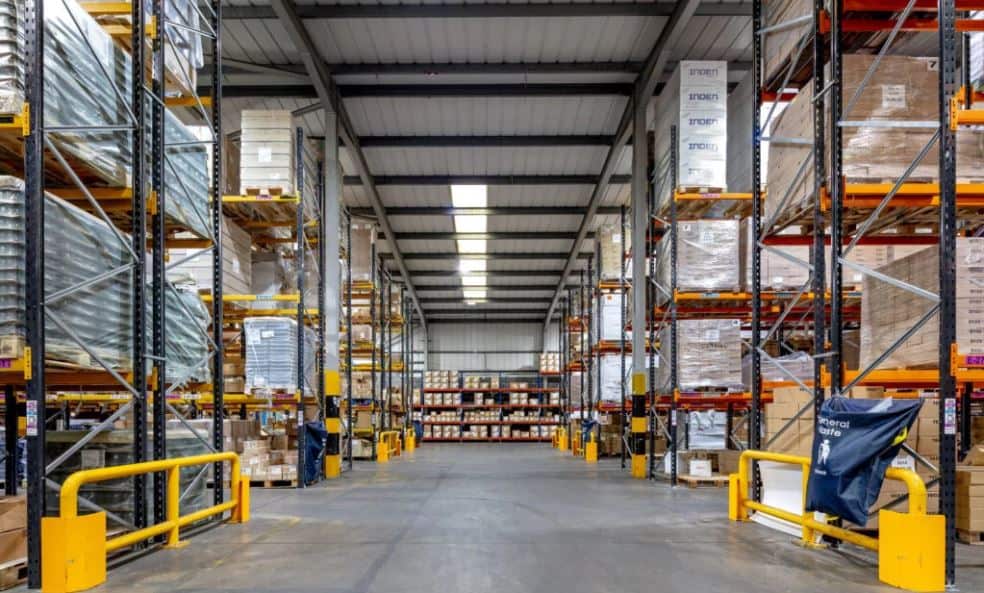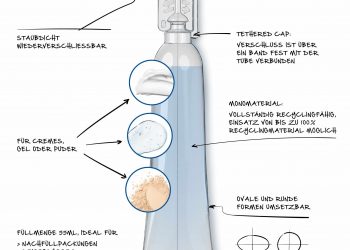The COVID-19 pandemic highlighted many vulnerabilities in supply chains across different industries. The pharmaceutical industry was one of the key industries impacted, making it clear that action is needed to meet future challenges and cope with changing global supply chain requirements.
Adopting an agile process in the supply chain can help meet varying demands, mitigating some of the supply chain risks that currently exist.
A solution for the future
Future-proofing the supply chain is essential to prepare for new challenges that will face the industry. Every part of the chain is vulnerable to events that can impact global supply, highlighting the need for innovative processes, Supply Chain 2.0.
The pharma industry needs to be able to respond to changing demands. From ingredient shortages to issues with lead times and regulatory approvals, an agile approach will help to counter some of the risks that could not only have an impact on distribution but the financial element too.
Is stockpiling supplies the answer?
For many businesses in the pharma industry, stockpiling supplies has been a common strategy, serving as one way of handling potential supply issues. But is this an effective method for preventing supply chain issues?
In short, the answer is no. The coronavirus pandemic has shown that supplies can become depleted quickly when faced with growing demand, with some products becoming obsolete quickly in favour of different products and development.
While stockpiling might have seemed like a sensible approach in the past, future planning needs to focus on identifying problems at an early stage, where an agile approach can respond quickly to prevent interruptions in the supply chain. Speed is the key here and can have a significant impact on what happens further down the chain.
How an agile approach benefits pharma
Agile supply chains are nothing new. Many industries successfully adopt agile approaches to enable their businesses to respond quickly to changes, coping with the balance between supply and demand. Agile approaches allow for cost-effective solutions delivered in a timely manner, meaning companies don’t have to choose between cost and speed.
An agile approach is geared towards fast responses to a potential crisis. In a situation like a pandemic, this approach can help companies respond quickly, allowing the business to continue while delivering what’s needed to the end client.
Improving collaboration at the heart of an effective agile approach
A successful agile approach is dependent on the different aspects of your supply chain. If a supplier lets you down, the entire chain could collapse, making a review of your suppliers and your processes a must.
Being closely aligned with partners and suppliers is a must to prevent disruptions. More collaborative working can prevent this, but this requires companies to share their resources and data to ensure success. A digital approach can tie different networks together, making it easier for people to get on the same page. Misinformation can be reduced, and teams can feel more informed thanks to the ease of access to information.
With improved collaboration, those managing the supply chain can identify problems at an easy stage, allowing them to be resolved quickly and effectively. This also keeps things transparent, ensuring everyone can access the information they need.
Digital transformation for an agile supply chain
With the right solution, it’s possible for a company to bring together the different elements of its supply chain into one application, allowing for collaboration and improved communication. When changes are needed, these can be actioned quickly, providing instant actions online instead of becoming involved in constant, and often confusing, communications.
The right solution provides flexibility, transparency and real-time data to be able to adjust processes quickly and effectively. In the long run, this type of solution can save money typically lost through shipping delays, quality issues and more. Processes can be drastically improved, while relationships with suppliers can become much more effective and reliable.
This digitisation in the pharma industry can lead towards an agile supply chain that’s able to quickly adapt and respond to any challenges the industry might face. Origin has developed its innovative and timely Hybrid Pharma Packaging Partner (HP3), improving the packaging supply chain to speed up processes and deliver the best results to clients.
Discover how HP3 can serve as an effective solution to your packaging supply chain issue, leading your business into a more agile way of working – your supply chain 2.0 to get your business ready for the future.
Packaging 360 is a comprehensive knowledge sharing ecosystem for the Indian packaging industry. Our services include an online content platform to deliver news, insights and case studies; organising conferences seminars and customised training; Providing Bespoke Project Consulting, Market Research and Intelligence.







